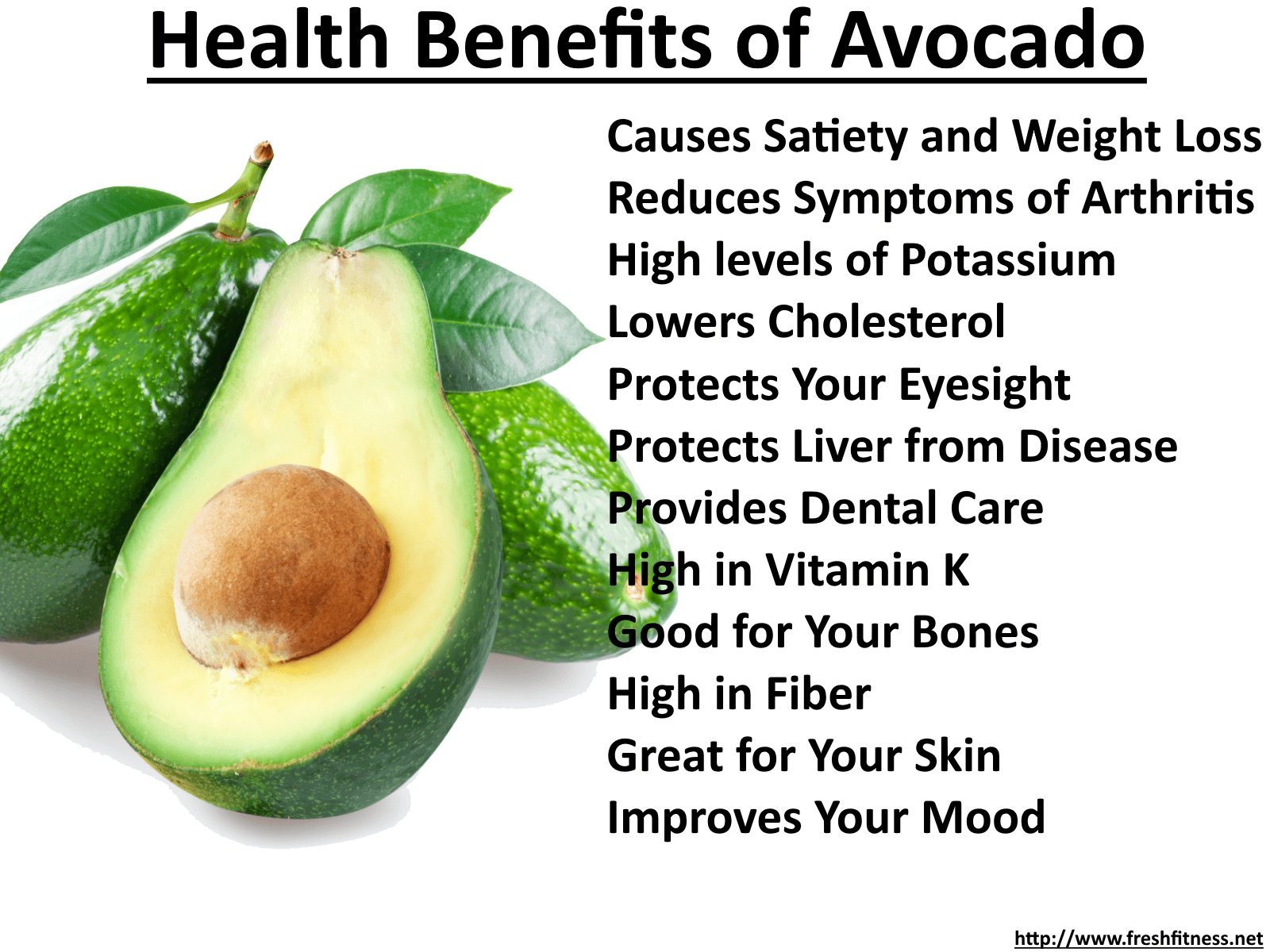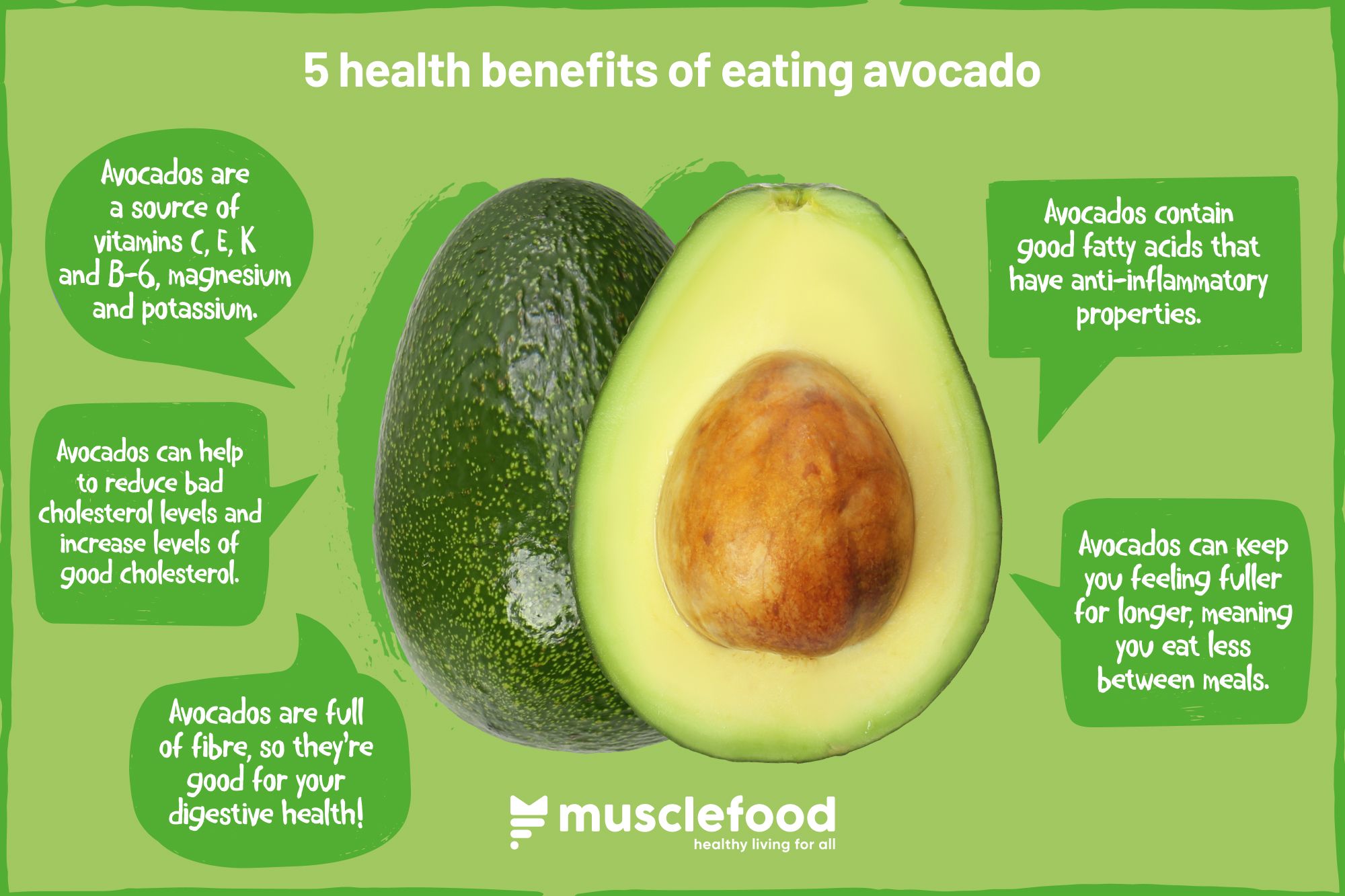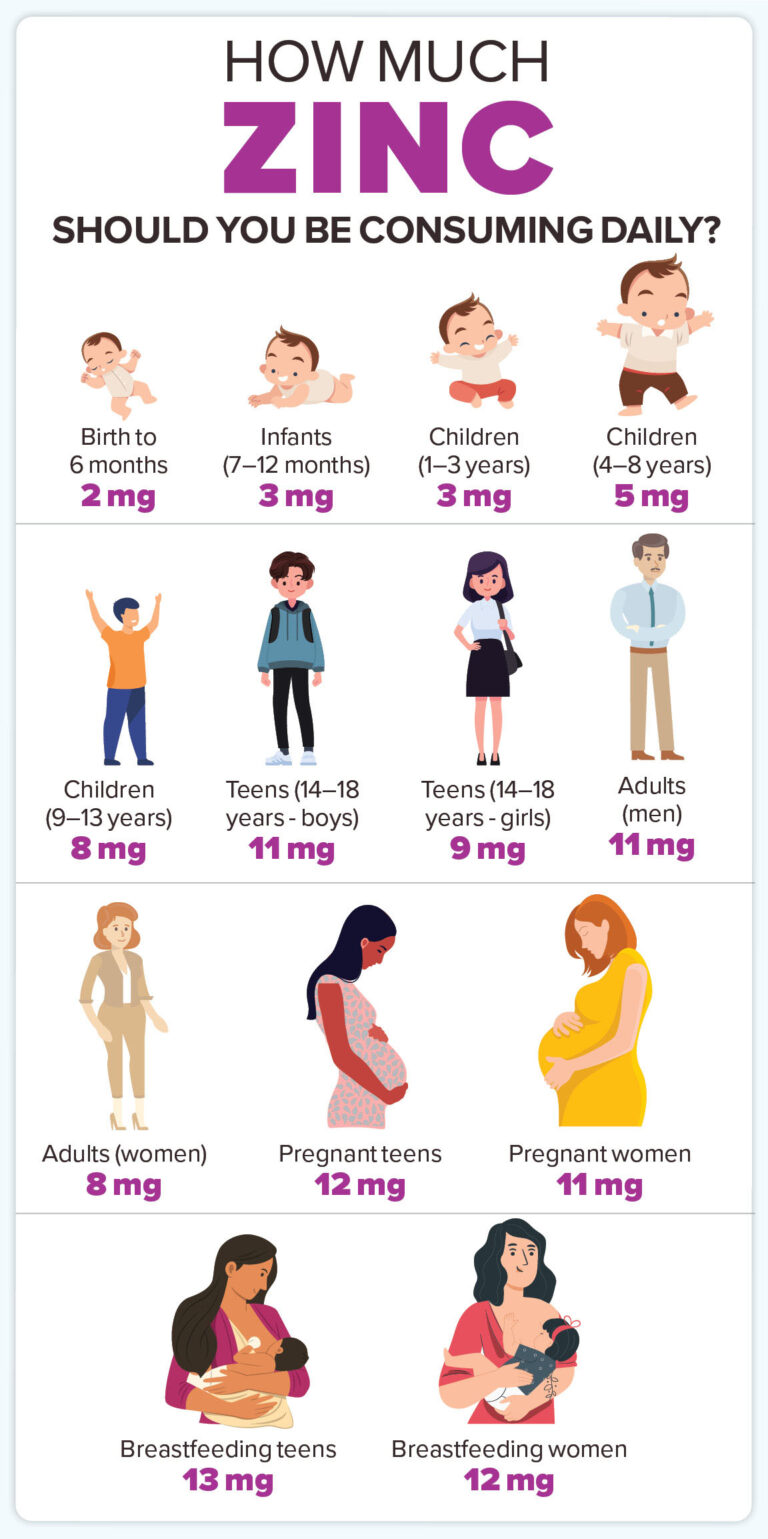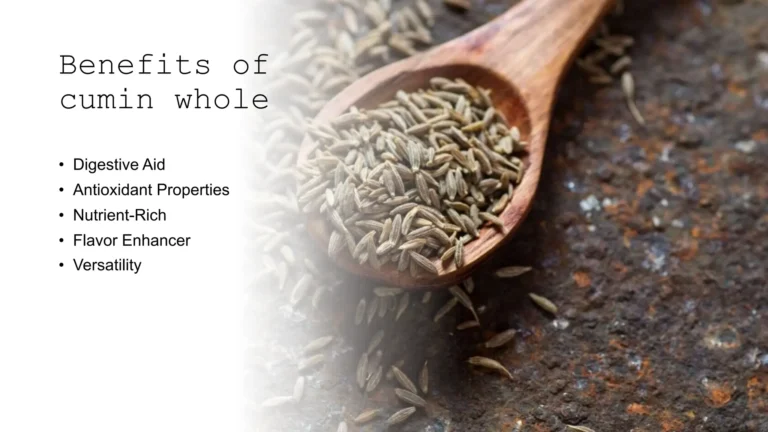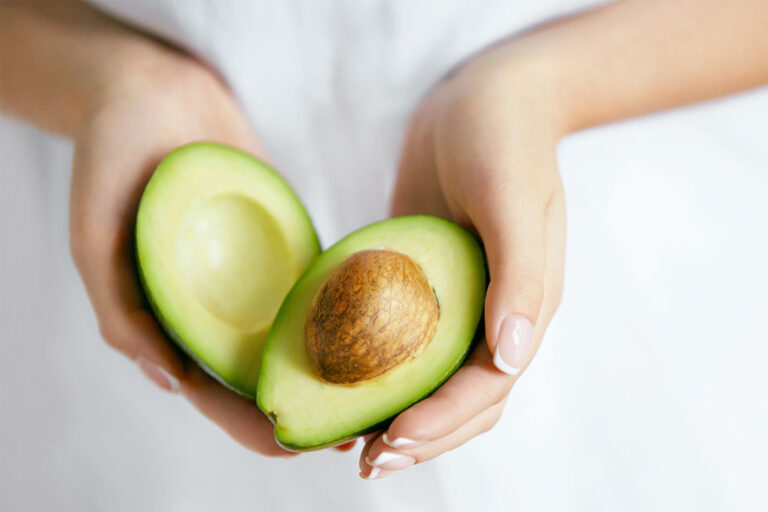The Green Gold: An Epic Journey Through The Ultimate Health Benefits of Avocado
In the grand tapestry of human nutrition, where humble fruits and vegetables often hold the most profound secrets to vitality, few tales are as compelling as that of the avocado. Once a mysterious, exotic fruit, relegated to the fringes of Western cuisine, it has ascended to the pinnacle of superfood status, adorning everything from gourmet dishes to simple breakfast toasts. But beyond its undeniable deliciousness and Instagrammable aesthetic, lies a nutritional powerhouse, a veritable treasure trove of health benefits that warrants a deeper, more comprehensive exploration. This isn’t just about listing vitamins; it’s about understanding the intricate dance of compounds that make this fruit a cornerstone of well-being. It’s a story – the story of a fruit, yes, but also the story of our evolving understanding of nutrition, and how nature’s bounty continues to surprise and sustain us.
For the knowledgeable enthusiast, for those who seek to move beyond the superficial claims and delve into the scientific mechanisms that underpin true health, this guide is your compass. We will embark on an epic journey, tracing the avocado’s origins, dissecting its complex nutritional profile, and meticulously unpacking every significant health benefit, from the well-trodden paths of heart health to its nuanced roles in cognitive function and cellular protection. Prepare to discover why this "alligator pear" is truly the green gold, a testament to nature’s profound wisdom, offering a holistic blueprint for a healthier, more vibrant life.
Chapter 1: From Ancient Groves to Modern Marvel – The Avocado’s Storied Past
Our story begins not in modern kitchens, but in the verdant landscapes of south-central Mexico, where the avocado, or "ahuacatl" as it was known to the Nahuatl people (the language of the Aztecs), flourished as early as 500 BC. The name itself, meaning "testicle," was likely a reference to its shape and how it hung from the tree, but it also hinted at its perceived aphrodisiac qualities and nutritional potency. For the Aztecs and Mayans, avocado was more than just food; it was a revered crop, a source of sustenance, energy, and even a symbol of fertility. They understood its value, incorporating it into their diets not just for taste, but for vitality.
The avocado’s journey beyond Mesoamerica was a slow one. Spanish conquistadors, encountering the fruit in the 16th century, were initially perplexed but soon recognized its rich, creamy texture and unique flavor. They introduced it to Europe, and from there, it gradually spread to other tropical and subtropical regions across the globe, adapting to new climates and cuisines. Yet, for centuries, it remained a niche product in many parts of the world, often viewed as an exotic curiosity rather than a dietary staple.
It wasn’t until the latter half of the 20th century, and particularly in the 21st, that the avocado truly burst onto the global stage. Fueled by growing awareness of healthy fats and the rise of wellness culture, its creamy texture, mild flavor, and impressive nutritional profile catapulted it into the culinary spotlight. From the quintessential guacamole of Mexican cuisine to the ubiquitous avocado toast of modern brunch culture, the "alligator pear" shed its ancient moniker and embraced its destiny as a beloved, essential ingredient in kitchens worldwide. This rapid ascent isn’t just a culinary trend; it’s a testament to its intrinsic value, a story of an ancient superfood finally receiving the widespread recognition it deserves.
Chapter 2: The Nutritional Nexus – A Deep Dive into Avocado’s Profile
To truly appreciate the avocado’s health benefits, we must first dissect its remarkable nutritional composition. It’s not merely a collection of isolated nutrients but a symphony of macro and micronutrients, alongside potent bioactive compounds, working in concert to foster well-being. This complexity is where its true power lies.
The Macronutrient Marvel:
- Healthy Fats: The Golden Core: This is arguably the avocado’s most celebrated feature. Unlike most fruits, which are primarily carbohydrate-based, avocado is rich in healthy fats, predominantly monounsaturated fatty acids (MUFAs), with oleic acid being the most abundant. Oleic acid, also found in olive oil, is renowned for its heart-protective qualities. These fats contribute to the avocado’s creamy texture and provide a sustained source of energy. Crucially, they are the good kind of fat – those that help lower "bad" LDL cholesterol while maintaining or even increasing "good" HDL cholesterol, thus improving overall lipid profiles.
- Fiber: The Digestive Dynamo: A single medium avocado boasts an impressive amount of dietary fiber, roughly 6-7 grams. This fiber is a mix of both soluble and insoluble types. Insoluble fiber adds bulk to stool, promoting regularity and preventing constipation. Soluble fiber, on the other hand, forms a gel-like substance in the digestive tract, which helps to slow down sugar absorption, stabilize blood glucose levels, and feed beneficial gut bacteria, acting as a prebiotic. This dual action is vital for comprehensive digestive health.
- Protein: The Unexpected Bonus: While not a primary protein source, avocado does contain a modest amount, around 2 grams per fruit, and notably, it offers a complete amino acid profile. This contributes to its overall nutritional density and makes it a valuable addition for those seeking plant-based protein options.
- Carbohydrates: The Low-Impact Kind: Despite being a fruit, avocados are remarkably low in net carbohydrates (total carbs minus fiber), making them a favorite in ketogenic and low-carb diets. Their high fiber content ensures that the carbohydrates they do contain are absorbed slowly, preventing blood sugar spikes.
The Micronutrient Mosaic:
Avocados are packed with an array of essential vitamins and minerals, each playing a crucial role in bodily functions:
- Vitamin K: Essential for blood clotting and bone health, aiding in calcium absorption and preventing arterial calcification.
- Vitamin C: A powerful antioxidant, vital for immune function, collagen synthesis (for skin, hair, and nails), and protection against oxidative stress.
- Vitamin E: Another potent fat-soluble antioxidant, protecting cell membranes from damage and supporting immune health.
- B Vitamins: Avocados are rich in several B vitamins, including Folate (B9), crucial for cell division and DNA synthesis, particularly important during pregnancy; Vitamin B6, involved in neurotransmitter production and metabolism; and Pantothenic Acid (B5), essential for energy production.
- Potassium: Famously, avocados contain more potassium than bananas, a critical electrolyte for maintaining fluid balance, nerve function, and regulating blood pressure.
- Magnesium: Involved in over 300 enzymatic reactions, magnesium is vital for muscle and nerve function, blood glucose control, and bone health.
- Copper and Manganese: Trace minerals essential for antioxidant defense systems and energy metabolism.
The Phytonutrient Powerhouses:
Beyond the standard vitamins and minerals, avocados harbor a fascinating array of phytonutrients – plant compounds with powerful biological activity:
- Carotenoids: Primarily Lutein and Zeaxanthin, these fat-soluble antioxidants are crucial for eye health, filtering harmful blue light and protecting against age-related macular degeneration. Their fat-soluble nature means they are readily absorbed thanks to the avocado’s own healthy fats.
- Phytosterols: Compounds like beta-sitosterol are structurally similar to cholesterol and can help block its absorption in the gut, further contributing to heart health.
- Polyphenols: A diverse group of antioxidants, including various flavonoids, which contribute to the avocado’s anti-inflammatory and disease-protective properties.
This intricate blend of nutrients explains why the avocado is not just a tasty addition to your meal but a comprehensive nutritional supplement provided by nature itself. It’s a testament to the power of whole foods, where the sum is truly greater than its individual parts.
Chapter 3: Unpacking the Health Benefits – A Comprehensive Exploration
With its impressive nutritional resume established, let us now delve into the specific, scientifically-backed health benefits that make the avocado a true champion of wellness. This is where the story of the avocado truly blossoms, revealing its profound impact on nearly every system of the human body.
3.1. The Cornerstone of Heart Health: A Cardiovascular Champion
Avocado’s reputation as a heart-healthy food is well-earned and extensively researched. Its unique fat profile and micronutrient content work synergistically to protect and enhance cardiovascular function:
- Cholesterol Management: The high concentration of monounsaturated fatty acids (MUFAs), particularly oleic acid, is key. Studies consistently show that incorporating MUFAs into the diet can significantly lower levels of low-density lipoprotein (LDL) cholesterol, often referred to as "bad" cholesterol, without adversely affecting high-density lipoprotein (HDL) cholesterol, or "good" cholesterol. This favorable shift in lipid profile is a cornerstone of heart disease prevention.
- Blood Pressure Regulation: Avocados are an excellent source of potassium, a mineral critical for maintaining healthy blood pressure. A single avocado contains more potassium than a banana, directly contributing to the body’s ability to counteract the effects of sodium, relaxing blood vessel walls, and reducing hypertension risk.
- Anti-inflammatory Effects: Chronic inflammation is a significant driver of atherosclerosis and heart disease. The MUFAs, along with vitamins C, E, and various polyphenols found in avocados, exert powerful anti-inflammatory effects, protecting arterial walls from damage and reducing the risk of plaque buildup.
- Fiber’s Role: The soluble fiber in avocados also plays a part in cholesterol reduction by binding to bile acids in the gut, which contain cholesterol, and facilitating their excretion from the body.
3.2. Digestive Wellness and Gut Microbiome Support: A Happy Gut, A Healthy You
A healthy digestive system is foundational to overall well-being, and avocado is a significant ally in this regard:
- Promoting Regularity: The substantial fiber content (both soluble and insoluble) is crucial for maintaining a healthy digestive rhythm. Insoluble fiber adds bulk to stool, preventing constipation, while soluble fiber softens it, making passage easier.
- Nourishing the Gut Microbiome: Soluble fiber acts as a prebiotic, meaning it feeds the beneficial bacteria in your gut. A thriving and diverse gut microbiome is linked to improved digestion, enhanced nutrient absorption, a stronger immune system, and even better mood regulation. By fostering a healthy gut environment, avocados indirectly contribute to a multitude of health benefits.
- Reducing Gut Inflammation: The anti-inflammatory compounds in avocado can also help soothe inflammation in the digestive tract, which can be beneficial for individuals with conditions like irritable bowel syndrome (IBS) or inflammatory bowel disease (IBD).
3.3. Weight Management and Satiety: The Fullness Factor
In an era where weight management is a perpetual challenge for many, avocado offers a strategic advantage:
- Enhanced Satiety: The combination of healthy fats and fiber is a powerful duo for promoting feelings of fullness and satiety. Fats take longer to digest, and fiber adds bulk to food, both signaling to the brain that you’re satisfied. This can lead to reduced overall calorie intake throughout the day and curb unhealthy snacking.
- Blood Sugar Stabilization: By slowing down the digestion and absorption of carbohydrates, avocado helps stabilize blood sugar levels. This prevents the rapid spikes and crashes that often lead to increased hunger and cravings, making it easier to stick to a healthy eating plan.
- Nutrient Density: Despite being calorie-dense, avocados are also incredibly nutrient-dense. This means you get a significant amount of vitamins, minerals, and beneficial compounds for the calories consumed, helping to nourish your body and prevent nutrient deficiencies that can sometimes drive overeating.
3.4. Eye Health: Protecting Your Precious Sight
Our eyes are constantly exposed to environmental stressors, and the avocado offers powerful protection:
- Lutein and Zeaxanthin: Avocados are one of the best dietary sources of the carotenoids lutein and zeaxanthin. These compounds are powerful antioxidants that accumulate in the macula of the eye, forming a protective pigment. They act like natural sunglasses, filtering out harmful high-energy blue light and protecting the delicate photoreceptor cells from oxidative damage.
- Reduced Risk of Age-Related Macular Degeneration (AMD): Regular intake of lutein and zeaxanthin is strongly associated with a reduced risk of developing AMD, a leading cause of vision loss in older adults. They also help reduce the risk of cataracts.
- Enhanced Nutrient Absorption: The healthy fats in avocado are crucial for the absorption of these fat-soluble carotenoids, maximizing their bioavailability and effectiveness.
3.5. Skin and Hair Radiance: Beauty from Within (and Without)
The pursuit of glowing skin and lustrous hair often leads to expensive topical treatments, but true beauty often begins from within, with nutrition playing a starring role:
- Antioxidant Protection: Vitamins C and E are potent antioxidants that combat free radical damage, which contributes to premature aging of the skin. Vitamin C is also essential for collagen synthesis, the structural protein that gives skin its elasticity and firmness.
- Hydration and Barrier Function: The healthy fats in avocado are crucial for maintaining the skin’s lipid barrier, which locks in moisture and protects against environmental aggressors. This results in well-hydrated, supple skin.
- Topical Benefits: Beyond internal consumption, avocado oil, rich in oleic acid and vitamins A, D, and E, is a popular ingredient in skincare products. Applied topically, it can moisturize, soothe inflammation, and promote wound healing. Homemade avocado masks can nourish the skin and scalp, enhancing hair shine and strength.
3.6. Brain Function and Cognitive Health: Fueling Your Mind
The brain is an incredibly demanding organ, requiring a constant supply of high-quality nutrients, and avocado delivers:
- Healthy Fats for Brain Structure: The brain is largely composed of fat, and the MUFAs in avocado are vital for maintaining the integrity and fluidity of brain cell membranes. This is crucial for efficient neurotransmission and cognitive function.
- Folate for Cognitive Function: Avocados are a good source of folate (Vitamin B9), which is essential for healthy brain development and function, particularly for memory and information processing. Folate plays a role in regulating homocysteine levels; elevated homocysteine is associated with cognitive decline and an increased risk of dementia.
- Antioxidant Protection: The various antioxidants in avocado protect brain cells from oxidative stress, a factor implicated in neurodegenerative diseases.
- Blood Flow: The heart-healthy benefits of avocado, particularly its role in maintaining healthy blood pressure and reducing inflammation, directly translate to better blood flow to the brain, ensuring it receives adequate oxygen and nutrients.
3.7. Blood Sugar Regulation and Diabetes Management: A Sweet Solution
For individuals managing blood sugar or at risk of type 2 diabetes, avocado is an invaluable dietary tool:
- Low Glycemic Index: Avocados have a very low glycemic index, meaning they cause a minimal rise in blood sugar levels.
- Slowed Glucose Absorption: The high fiber and healthy fat content significantly slow down the digestion and absorption of carbohydrates from other foods eaten with avocado. This helps prevent rapid glucose spikes after meals, which is crucial for insulin sensitivity and blood sugar control.
- Improved Insulin Sensitivity: Some research suggests that regular consumption of MUFAs can improve insulin sensitivity, meaning the body’s cells respond more effectively to insulin, which is vital for managing blood sugar levels.
3.8. Anti-Inflammatory and Antioxidant Powerhouse: Cellular Defense
Chronic low-grade inflammation and oxidative stress are root causes of many modern diseases, from heart disease and cancer to autoimmune conditions. Avocado stands as a robust defense:
- Synergistic Action: The avocado’s diverse profile of antioxidants (Vitamins C, E, carotenoids, polyphenols) and anti-inflammatory compounds (MUFAs, phytosterols) work synergistically. They neutralize harmful free radicals, reduce oxidative damage to cells and DNA, and modulate inflammatory pathways within the body.
- Systemic Benefits: This broad-spectrum anti-inflammatory and antioxidant action benefits virtually every organ system, contributing to overall disease prevention and longevity.
3.9. Bone Health: Beyond Dairy
While often overlooked, avocado contributes to robust bone health:
- Vitamin K: Essential for bone metabolism, Vitamin K helps direct calcium to the bones and prevents its accumulation in soft tissues, where it can contribute to arterial calcification.
- Magnesium: Critical for bone mineral density, magnesium works in conjunction with calcium and Vitamin D to build strong bones and reduce the risk of osteoporosis.
3.10. Potential in Cancer Prevention: A Promising Frontier
While research is ongoing and no single food can cure or prevent cancer, the compounds in avocado show promising potential:
- Cellular Protection: The powerful antioxidants and anti-inflammatory agents in avocado help protect cells from DNA damage and inhibit the growth of certain cancer cells in in vitro and animal studies.
- Specific Compounds: Carotenoids, phytosterols (like beta-sitosterol), and oleic acid have all been studied for their potential anti-cancer properties, including their ability to induce apoptosis (programmed cell death) in cancer cells and inhibit tumor growth.
- Holistic Approach: Avocado’s role in maintaining a healthy weight, stabilizing blood sugar, and reducing chronic inflammation also indirectly contributes to a reduced cancer risk, as these are known risk factors for various cancers. It’s an excellent example of how a whole-food diet contributes to a comprehensive preventative strategy.
This comprehensive overview demonstrates that the avocado is far more than just a trendy ingredient. It is a testament to nature’s profound design, offering a multifaceted approach to health and disease prevention through its rich and diverse nutritional composition.
Chapter 4: Optimizing Your Avocado Intake – Practical Guide to Green Gold
Now that we’ve journeyed through the avocado’s illustrious past and its extensive health benefits, the crucial next step is to integrate this knowledge into practical, everyday choices. How do you select the perfect avocado? How much should you eat? And how can you creatively incorporate it into your diet to maximize its benefits?
4.1. Selecting and Storing Your Avocado: The Art of Ripeness
Choosing the right avocado is an art form that can make or break your culinary experience:
- The Squeeze Test: The most reliable indicator of ripeness. Gently press the avocado in your palm. A ripe avocado will yield to gentle pressure without feeling mushy. If it’s rock hard, it’s unripe. If it feels very soft or squishy, it’s overripe.
- Color Clues: While Hass avocados typically darken from green to purplish-black as they ripen, color alone isn’t always foolproof. Some varieties remain green when ripe. Always rely on the squeeze test.
- Checking the Stem: Peel back the small stem cap at the top. If it comes off easily and reveals a green or yellowish color underneath, it’s likely ripe. If it’s brown, it’s overripe. If it’s hard to remove, it’s unripe.
- Ripening at Home: If you buy unripe avocados, place them in a brown paper bag with a banana or apple. The ethylene gas produced by these fruits will accelerate ripening. Store ripe avocados in the refrigerator to slow down further ripening for a few days.
- Preventing Browning: Once cut, avocado flesh quickly oxidizes and turns brown. To slow this process, sprinkle the exposed surface with lemon or lime juice, cover tightly with plastic wrap (pressing it directly onto the avocado surface), or store with a cut onion in an airtight container. Submerging the cut half in water can also work for short periods.
4.2. Preparation and Culinary Versatility: Beyond Guacamole
The avocado’s creamy texture and mild flavor make it incredibly versatile, extending far beyond the realm of dips:
- Basic Preparation: To cut, slice lengthwise around the pit. Twist the two halves to separate. Carefully strike the pit with the heel of a sharp knife, twist, and lift it out. Scoop out the flesh with a spoon.
- Savory Applications:
- Avocado Toast: The classic for a reason. Mash on whole-grain toast with salt, pepper, red pepper flakes, or everything bagel seasoning.
- Salads: Cubed or sliced avocado adds richness and healthy fats to any salad.
- Smoothies: A quarter or half an avocado adds incredible creaminess and nutrient density without altering the flavor too much.
- Sandwiches/Wraps: A fantastic substitute for mayonnaise or cheese.
- Soups: Swirl into creamy soups for extra richness or top bowls of chili.
- Eggs: Partner perfectly with scrambled eggs, omelets, or fried eggs.
- Dressings: Blend into creamy salad dressings for a healthy fat base.
- Sweet Surprises:
- Chocolate Mousse: Avocado’s creaminess makes it an ideal base for dairy-free chocolate mousse, providing a rich texture without a strong avocado flavor.
- Smoothies/Puddings: Blends seamlessly into fruit smoothies or puddings for a creamy, nutritious boost.
- Baked Goods: Mashed avocado can replace butter or oil in certain baking recipes, adding moisture and healthy fats.
4.3. Portion Control and Calorie Density: A Balanced Approach
While avocados are incredibly healthy, they are also calorie-dense due to their high fat content. A mindful approach to portion sizes is key, especially if you’re managing calorie intake:
- Recommended Serving: A typical serving size is about one-third to one-half of a medium avocado (approx. 70-100 grams), which provides around 110-160 calories and 10-15 grams of healthy fats.
- Listen to Your Body: Because of its satiety-boosting properties, you may find that even a smaller portion keeps you full and satisfied.
- Balance with Other Foods: Integrate avocado as part of a balanced meal, pairing it with lean proteins, plenty of non-starchy vegetables, and complex carbohydrates to create a nutrient-rich and satisfying plate. The fats in avocado also aid in the absorption of fat-soluble vitamins (A, D, E, K) from other foods in your meal, making it an excellent pairing for salads rich in leafy greens.
4.4. Addressing Concerns: Sustainability, Allergies, and Interactions
As with any food, a knowledgeable audience understands the importance of addressing potential caveats:
- Sustainability: Avocado cultivation, particularly in certain regions, has raised concerns regarding water usage and deforestation. Choosing ethically sourced, certified sustainable avocados (e.g., from local farms where possible, or those with fair trade/environmental certifications) can help mitigate this impact.
- Allergies: Avocado allergies are rare but can occur, often linked to latex fruit syndrome due to similar proteins. Symptoms can range from mild oral itching to more severe reactions.
- Medication Interactions: While not a significant concern for most, the Vitamin K content in avocado is generally lower than leafy greens. However, individuals on blood-thinning medications like warfarin should maintain a consistent intake of Vitamin K-rich foods and consult their doctor or dietitian about dietary changes. The small amount in avocado is unlikely to pose a major issue compared to a spinach salad, but it’s worth noting for those highly sensitive to dietary Vitamin K fluctuations.
By understanding these practical aspects, you can confidently and effectively incorporate the incredible health benefits of avocado into your daily life, transforming this ancient fruit into a modern staple of your wellness journey.
Chapter 5: Conclusion – Embracing the Green Gold for a Vibrant Future
Our journey through the world of avocado has unveiled a profound truth: this humble, creamy fruit is nothing short of a nutritional marvel. From its ancient Mesoamerican roots, revered by civilizations centuries ago, to its modern-day superfood status, the avocado’s story is one of enduring power and multifaceted benefits. We’ve peeled back its vibrant green skin to discover a treasure trove of healthy fats, dietary fiber, an impressive array of vitamins and minerals, and a symphony of potent phytonutrients.
We’ve explored its transformative impact on heart health, meticulously detailing how its monounsaturated fats and potassium work in concert to protect our most vital organ. We’ve seen its profound influence on digestive wellness, nurturing our gut microbiome and ensuring regularity. Its ability to promote satiety and stabilize blood sugar makes it a strategic ally in weight management and diabetes prevention. We’ve celebrated its protective role in maintaining sharp vision, its capacity to nourish skin and hair from within, and its crucial contributions to cognitive function and brain health. Beyond these, its overarching anti-inflammatory and antioxidant properties stand as a testament to its cellular defensive capabilities, even touching upon its promising potential in the complex landscape of cancer prevention.
The avocado, truly, is more than just a food; it’s a testament to the intricate wisdom of nature. It reminds us that optimal health isn’t achieved through isolated supplements but through the synergistic power of whole foods. Integrating this green gold into your diet isn’t just a culinary choice; it’s a conscious decision to invest in your long-term well-being, to embrace a food that supports your body’s complex systems, and to savor a delicious, nutrient-dense gift from the earth.
As you reach for that next perfectly ripe avocado, remember the journey it represents – from ancient groves to your plate – and the incredible story of health and vitality it carries within its creamy flesh. Let it be a consistent, cherished component of your pursuit of a vibrant, healthy life. Embrace the green gold, and unlock the boundless potential it holds for your ultimate well-being.
